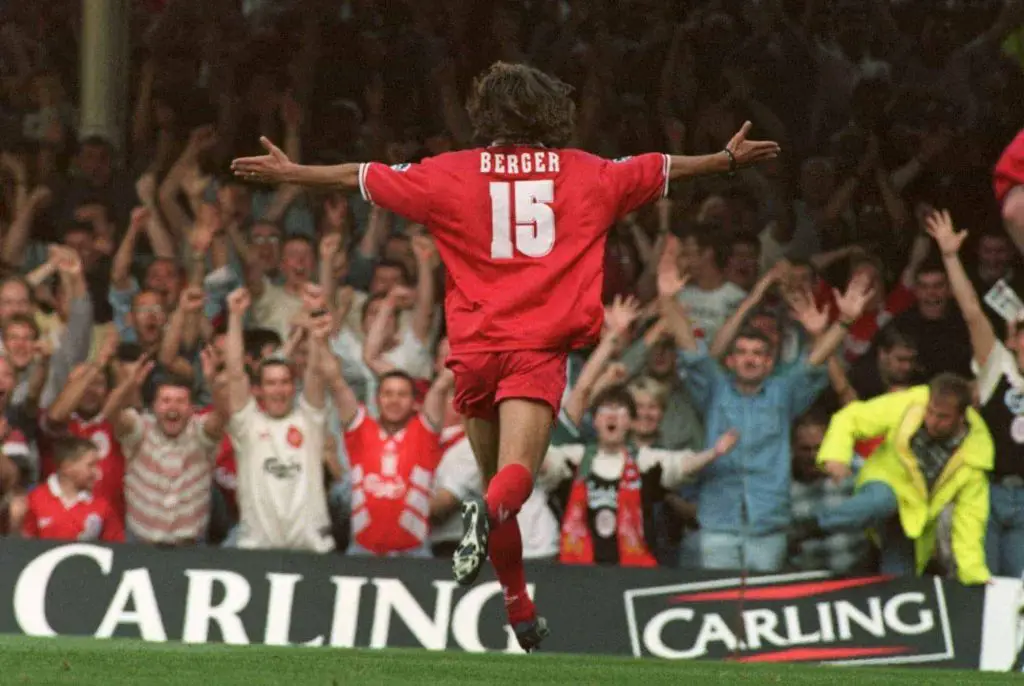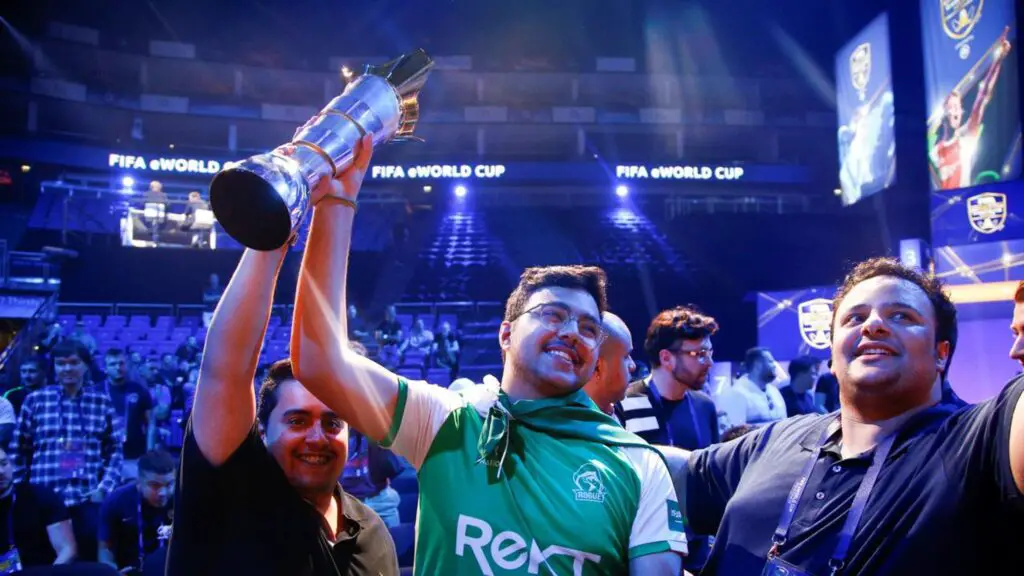Czech midfielder Patrik Berger rose to prominence following his country’s epic run to the 1996 European Championships final.
Berger was an energetic and explosive attacking midfielder who also operated from wider areas, known for his surging runs, powerful strikes and a killer left foot. He would go on to become a cult hero at Liverpool and an integral part of a Czech Republic side on the brink of European greatness.
Youth In Prague
Berger started his footballing career at Sparta Prague as a youth player in 1989, spending four seasons at the club and in that time established himself as a regular.
Although he failed to win any honours whilst in Prague, Berger appeared a total of 98 times for the Czech First League side and managed 26 goals. His finest campaign for Sparta was the 1992/93 season when he found the net ten times in the league alone.
Following his impressive displays domestically, Berger earned himself a call-up to the Czech Republic national side and made his debut in 1993. Yet by the summer of 1995, the midfielder decided it was time to pursue the European game at club level.
Borussia Dortmund
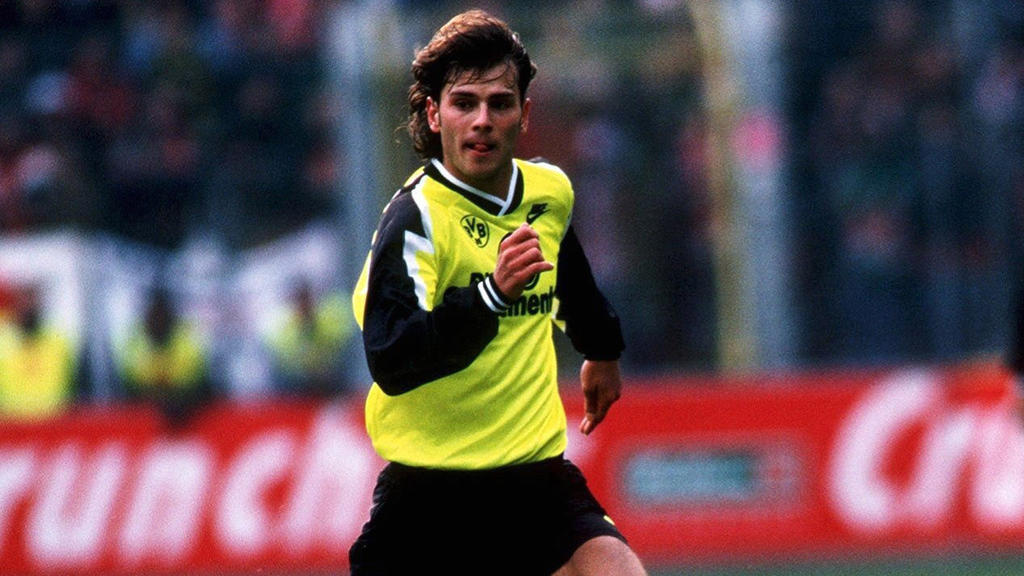
However, his time in the Bundesliga was relatively underwhelming and even though Dortmund went on to win the German league title that season, Berger was often used as a substitute. He made 14 of his 27 league appearances from the bench and scored just four goals across all competitions.
Yet that summer’s European Championship would see him excel and show the continent his true potential.
Euro 96
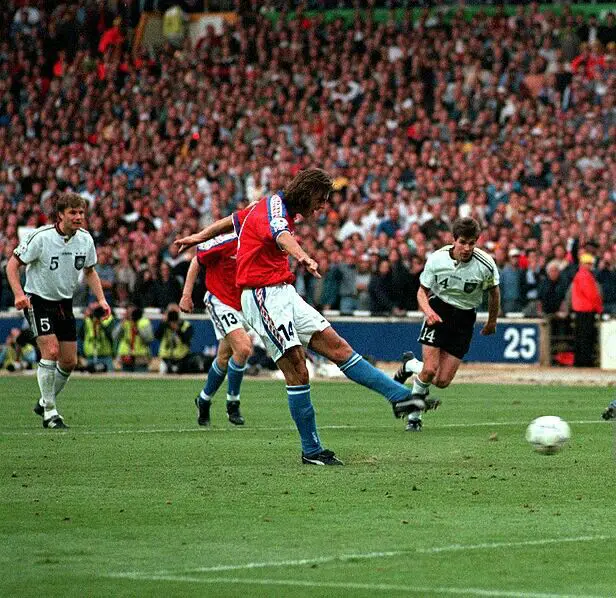
However, the midfielder went on to play in all of his nation’s matches during the competition and even scored in the final from the penalty spot to give his side a 1-0 lead against Germany.
Yet the Czech Republic would ultimately suffer defeat at the hands of Oliver Bierfhoff’s scrappy golden goal in extra time. Berger was named Czech Footballer of the Year for 1996 – the accolade shared with national teammate Karel Poborsky.
Signing For Liverpool
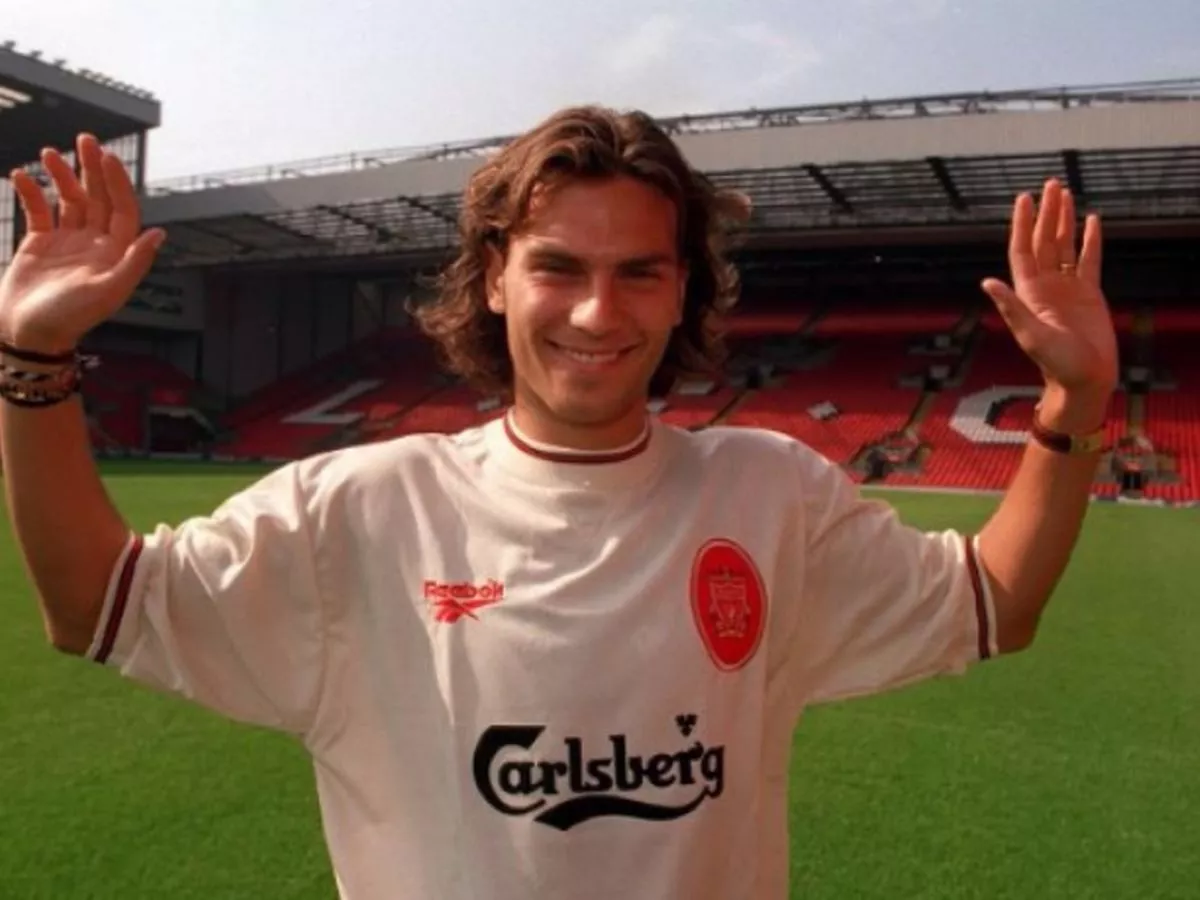
Initially, they enquired about both Berger and Karel Poborsky with the latter moving to Manchester United instead. Berger completed his transfer to Anfield in August 1996 for £3.25 million.
The Czech performed well during his debut season, playing regularly whilst contributing nine goals as Liverpool finished fourth and also qualified for the UEFA Cup.
But first-team opportunities were limited in Berger’s second season. Despite scoring a notable hat-trick against Chelsea in October 1997, the midfielder often found himself starting on the substitute’s bench. The then-Liverpool manager Roy Evans even criticised Berger for his apparent lack of teamwork and was soon linked with a move away from the club in May 1998.
Yet with the appointment of Gerard Houllier as co-manager at the dawn of their 1998/99 campaign coupled with Evans’ imminent departure, Berger began playing regularly and in his third season found the net nine times. He scored the same number of goals across the following campaign too.
His 2000/01 season was blighted with injury but he recovered in time to feature during their run-in, even playing in both the UEFA Cup and FA Cup final. Liverpool would end the campaign having claimed a trio of trophies including the League Cup, FA Cup and UEFA Cup thanks to a dramatic 5-4 victory over Spanish side Alaves.
But recurring injuries from 2001 to 2003 meant both Berger’s appearances and performances became increasingly sporadic. The club won another League Cup in 2003 yet the midfielder decided to leave Liverpool at the conclusion of the 2002/03 season. He departed Anfield having scored 35 goals in 195 appearances across seven seasons in England.
Portsmouth
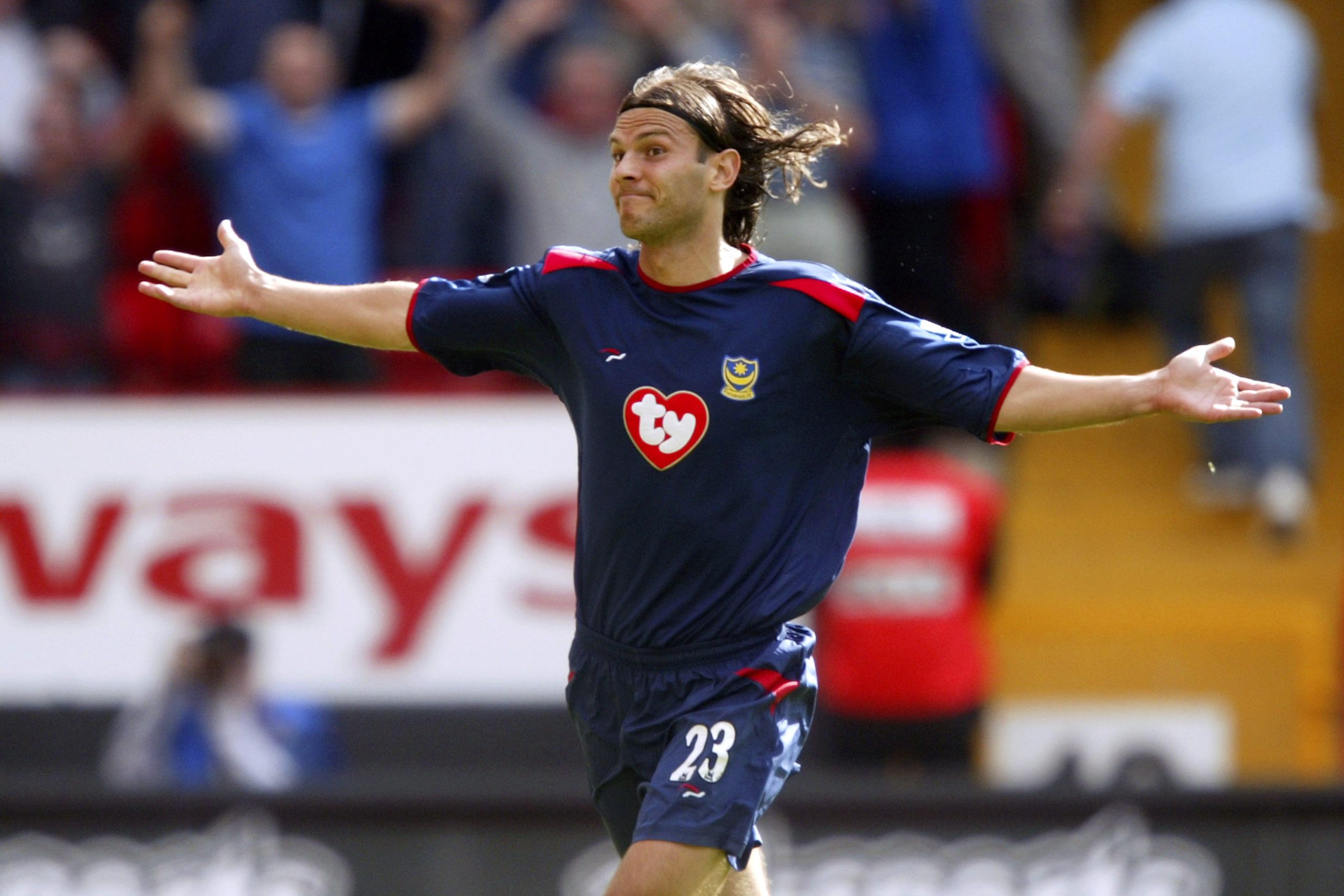
He went from strength to strength and hit the winning goal during their victory over former club Liverpool in October 2003. However, Berger required knee surgery in February 2004 which forced him to miss the remainder of the season.
He continued to appear regularly for Harry Redknapp’s side, featuring 37 times during the side’s second campaign and scored three times.
But Portsmouth finished the season poorly and won only once in their last twelve matches. The club appointed Alain Perrin as its new manager with Berger’s contract due to expire that summer. Although Portsmouth avoided relegation close to the end of the season, the Czech decided to leave for pastures new.
Staying In England
Berger chose to continue his stay in English football, firstly joining midlands club Aston Villa on a two-year-deal with a season-long loan spell at Championship side Stoke City in between, where he started only one match and was named as a substitute for six games.
The Czech was plagued by injury during his early days at Villa and over the course of two seasons made just 18 league appearances. Following his return from Stoke, Aston Villa boss Martin O’Neill even commented on his lack of fitness, Berger playing his final Premier League game in May 2008.
Return to Sparta Prague
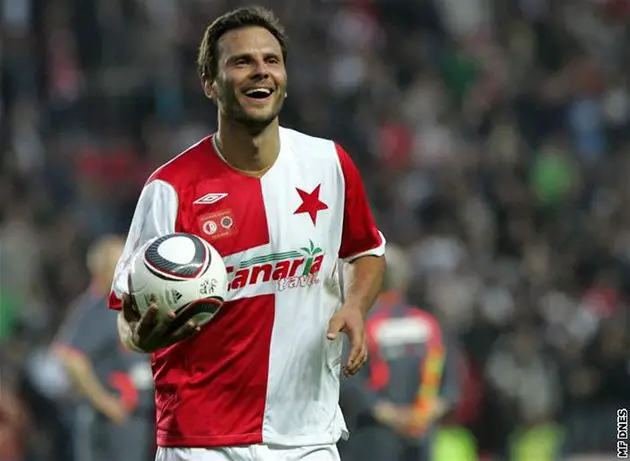
Sparta finished the campaign as runners-up and in the process qualified for the right to play in the UEFA Champions League the following season. Berger was the side’s top goal scorer with eight goals across all competitions.
He would play only two league matches during the 2009/10 season before undergoing more knee surgery in January 2010 yet after failing to recover from the injury, soon announced his retirement from football.
International Career

The Czech midfielder made his senior international debut in March 1993 during a World Cup qualifier against Cyprus. However, he will perhaps be best remembered by the footballing masses for his role in the Czech Republic’s charge towards the Euro 96 final.
Throughout 1997 into 1998, Berger boycotted the national team completely due to an argument with head coach Dusan Uhrin before eventually returning 17 months later following the appointment of Jozef Chovanec.
He was awarded the 1999 Czech Golden Ball for his outstanding performances across the seven competitive matches played that year, scoring three goals – all of which proved important strikes during Euro 2000 qualifying games.
Berger finally announced his retirement from the international game in March 2002 at the age of just 28. He had made 44 appearances for both the Czech Republic and Czechoslovakia combined whilst scoring 18 goals for his country.
What Did He Do Next?
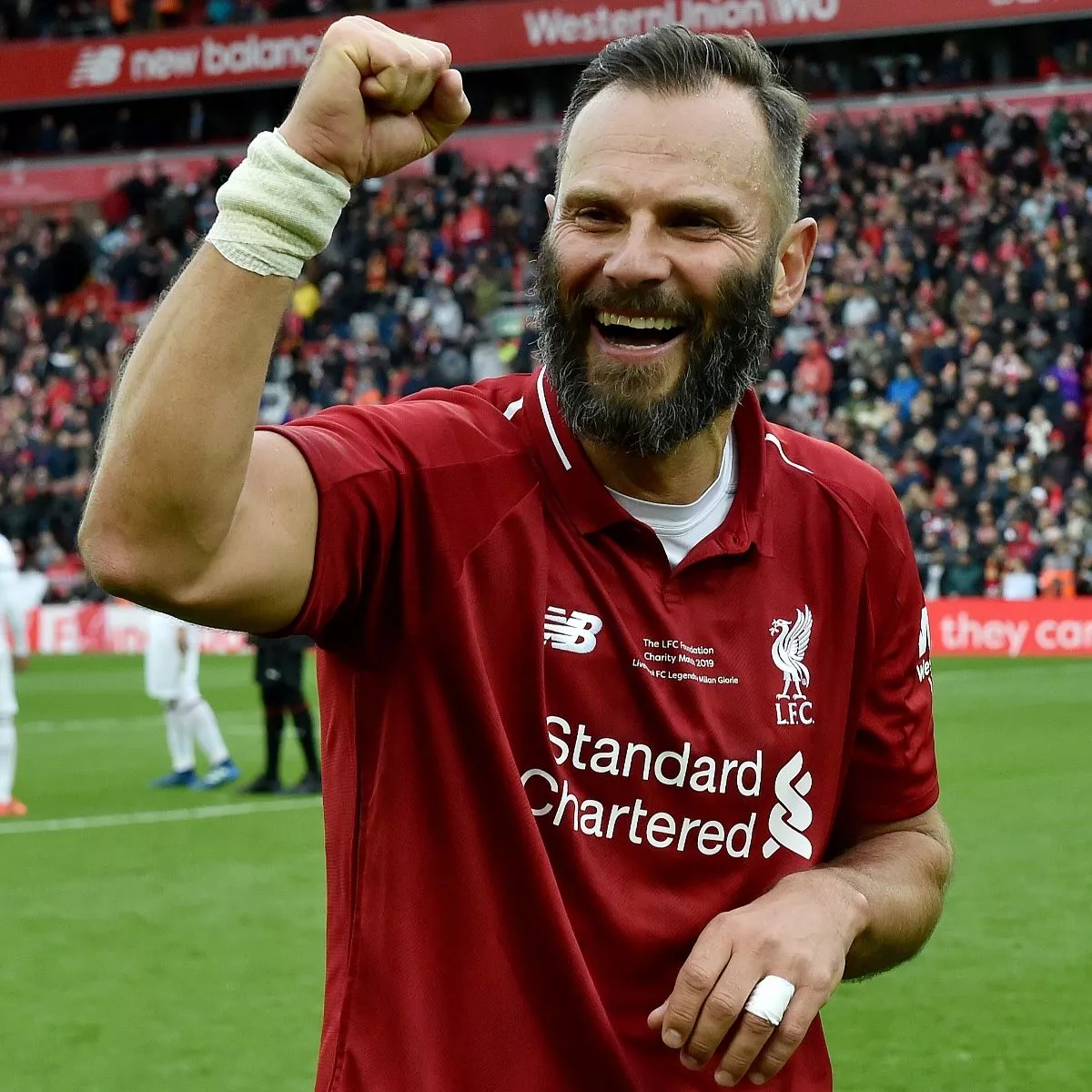
In 2016, he began working for Stadium Astro as a match analyst during their Euro 2016 coverage and as a result, has since featured on a number of football channels across the world.
The ex-midfielder is an avid fisher, a keen golfer and often attends charity tournaments whilst also representing Liverpool as a global ambassador.
